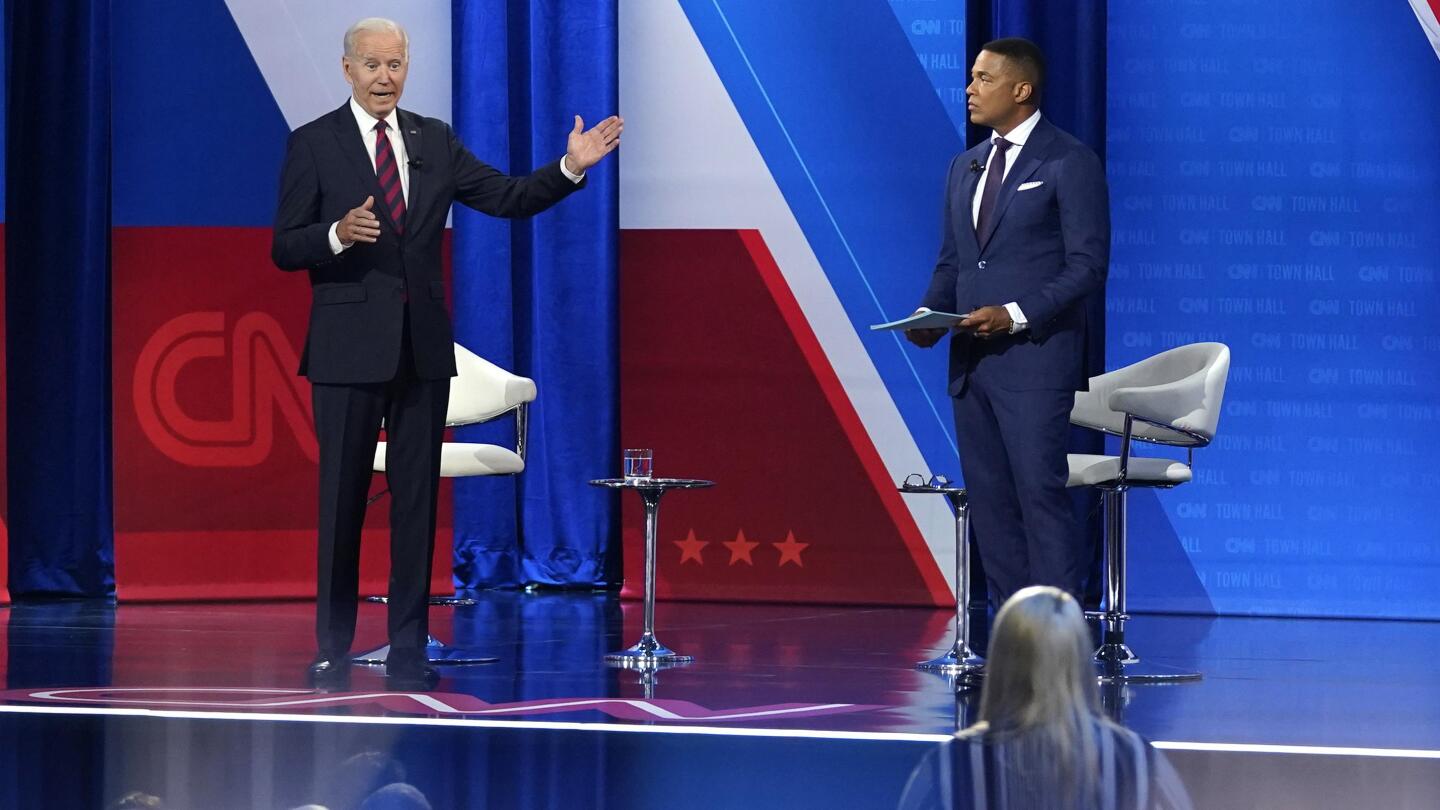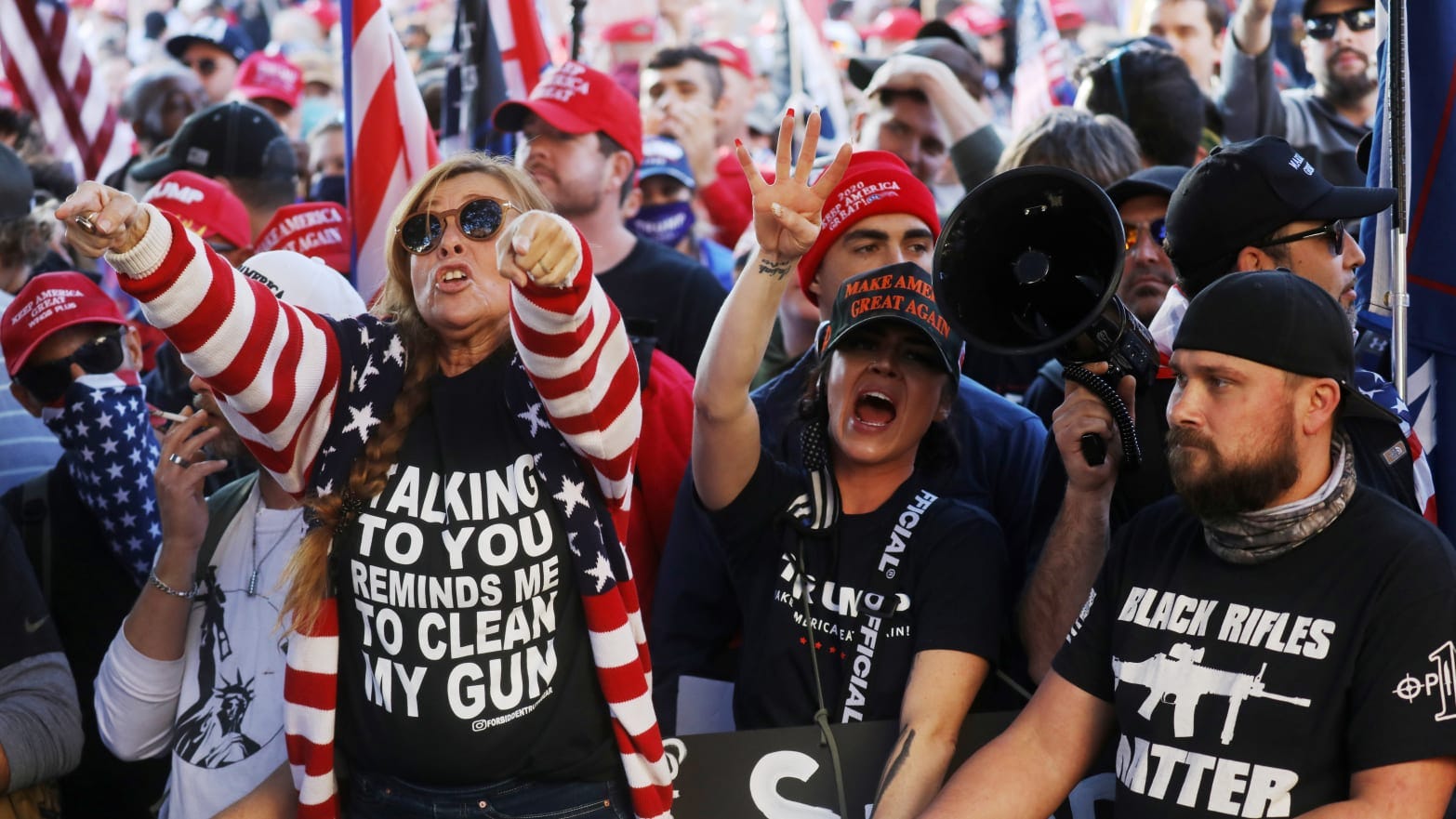Many top Republicans, including Donald Trump and Senators Tim Scott (South Carolina), Marco Rubio (Florida), and Ted Cruz (Texas), refuse to accept the 2020 election results.
Many other Republicans falsely assert the 2020 election was rigged and have stated that they stood ready to fight if Trump was not declared the 2024 winner.
Our team finds that political polarization triggers Republicans, but not Democrats, to spread misinformation that is objectively false.
Although Republicans may understand the content is very likely false, they are willing to spread it.
We also discover the reason why Republicans respond to political polarization by conveying misinformation, while Democrats do not: Republicans strongly value their party winning over the competition.
Democrats do not value winning nearly as strongly; they place more value on equity and inclusion, seeing the world in a fundamentally different way than Republicans.
To summarize, Republicans react to political polarization by putting out partisan misinformation. This can have a deleterious effect on the state of democratic institutions and processes.
For instance, in the year following the 2020 U.S. presidential election and accompanying misinformation about election fraud, 400 restrictive voting bills were introduced in 47 U.S. state legislatures. Additionally, 14 states passed restrictive voting bills that, for instance, shortened the mail-in voting period, eliminated election day registration, and/or reduced ballot drop box access. These changes have decreased voter turnout and engagement, particularly among minority voters.
more:
https://www.ama.org/2024/12/09/stud...n-by-spreading-misinformation-democrats-dont/





